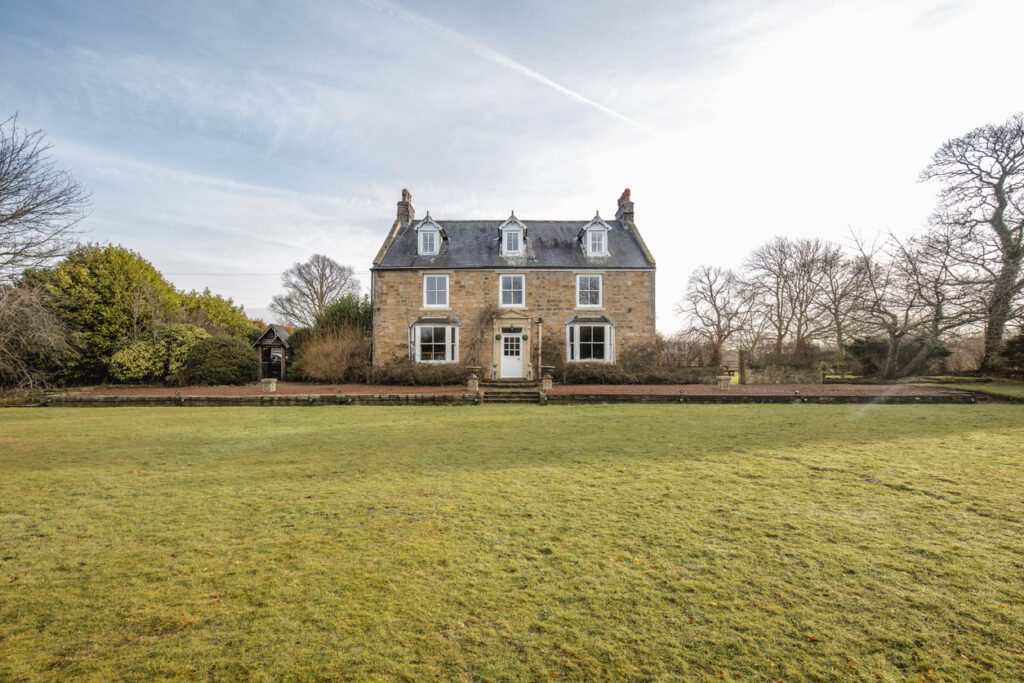Author
A franchise is a historic right or privilege, granted by the Crown or acquired over time over land, the most common being the right to hold a fair or market. Sometimes the right refers to specific conditions (such as the right to hold a market on Mondays only) but it does not grant a right of ownership over the land.
In the early 20th century lords of the manor in England and Wales were able to retain certain ‘manorial rights’ when parcels of land which were originally part of the landholdings of the lordship of the manor were converted from copyhold to freehold. This land is known as ‘manorial land’. The rights are granted for the benefit of the lord of the manor only. Manorial rights therefore are rights – such as the right to hunt or to fish – which were retained by the lord of the manor on disposal of parts of the manorial land. Manorial rights do not grant ownership of the land to the lord of the manor.
What are franchise rights?
It is worth noting that there are two types of franchise;
- A relating franchise; and
- An affecting franchise.
A relating franchise generally applies to an area rather than a specific parcel of land and therefore the Land Registry do not provide title plans for a relating franchise. By contrast, an affecting franchise can be more specifically defined as relating to a particular area. The majority of franchises are relating franchises and the title will be revealed in an official search of the index (SIF) carried out at the Land Registry.
As noted above, the most common franchise is the right to hold a fair or market.
What are manorial rights?
The most generally encountered manorial rights are;
- Sporting rights such as the right to shoot and hunt game or fish on the land;
- The rights to mines and minerals; and
- Rights to hold a fair or a market on the land.
As with relating franchises, manors are described verbally on the title and do not have title plans to clearly show the area they relate to. Manors which are registered will be revealed in a SIF, in the same way as franchises.
Manorial rights are categorised as overriding interests and therefore will have lost their overriding status after 12 October 2013 if they are not already registered with the Land Registry. They can however be protected by entering a caution against a first registration of unregistered land or a notice against a registered title which you believe to be affected by manorial rights if a disposal of the land has not taken place since 12 October 2013. It is likely that you will only do this if you are the lord of a manor and further legal advice should be sought to determine whether you are able to make such an application.
What should I do if I am purchasing land which is subject to a franchise or manorial rights?
You will need to carefully consider the documents available from the Land Registry, information supplied by the seller of the land and any historic information you have regarding the land before determining how best to deal with the existence of a franchise or manorial rights. It may be that the rights will not adversely affect your intended use of the land because of the nature of those rights. However, you may also consider taking out an indemnity insurance to protect you from the financial risk of a third party seeking to exercise those rights over the land although any indemnity policy will need to be carefully considered to determine what it will cover and whether it is worthwhile to obtain.
With regards to manorial rights to mines and minerals, carrying out groundworks or working the land below the surface may be classed as a trespass and further legal advice should be sought in this instance. See also our article ‘Rights to mines and minerals – key issues‘ for further information.
It is also possible to object to the registration of a franchise where an application has been made under certain circumstances or if the beneficiary of the franchise or manorial rights is know, contact them for a release of those rights. However, if you have made contact with the beneficiary of those rights then you it is unlikely that you will be able to obtain indemnity insurance further down the line.
Conclusion
By their nature, franchises and manorial rights are likely to affect rural and agricultural land and therefore before developing bare land it is prudent to check whether either of these historical rights could affect the land.
If you are selling or purchasing land which is or may be subject to franchises or manorial rights, it is worth seeking legal advice at an early stage to determine how best to proceed with your intended sale or development without causing delays.
Further and more detailed information about other elements of strategic land can be found here.


